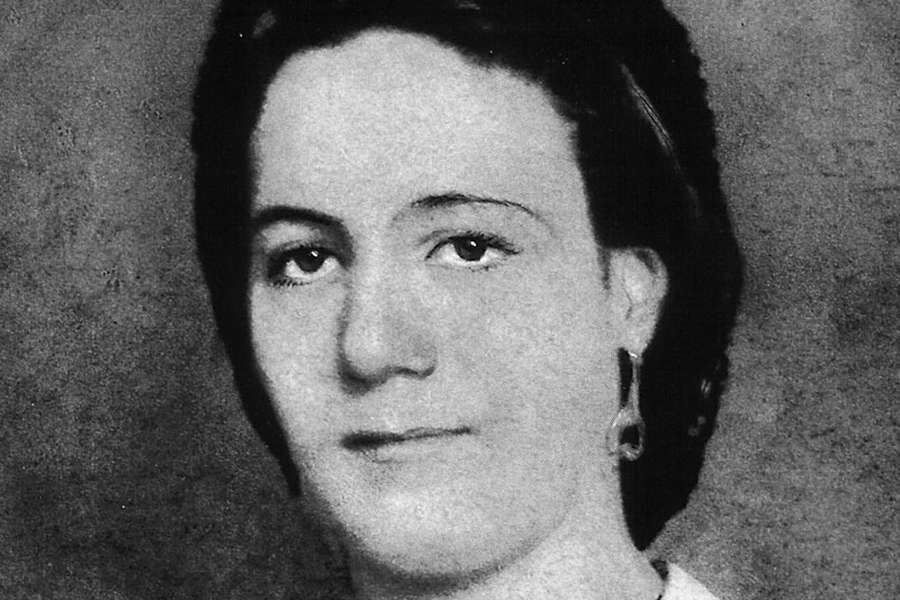New Orleans, La., Feb 12, 2017 / 04:04 pm (CNA/EWTN News).- Venerable Henriette DeLille, born a “free woman of color” before the Civil War, had all the makings of a life of relative ease before her. Born in 1812 to a wealthy French father and a free Creole woman of Spanish, French and African descent, Henriette was groomed throughout her childhood to become a part of what was then known as the placage system.
Under the placage system, free women of color (term used at the time for people of full or partial African descent, who were no longer or never were slaves) entered into common law marriages with wealthy white plantation owners, who often kept their legitimate families at the plantations in the country. It was a rigid system, but afforded free women of color comfortable and even luxurious lives.
Trained in French literature, music, dancing, and nursing, Henriette was prepared to become the “kept woman” of a wealthy white man throughout her childhood. However, in her early 20s, Henriette declared that her religious convictions could not be reconciled with the placage lifestyle for which she was being prepared. Raised Catholic, which was typical for free people of color at the time, she had recently had a deep encounter with God, and believed that the placage system violated Church teaching on the sanctity of marriage.
Working as a teacher since the age of 14, Henriette’s devotion to caring for and educating the poor grew. Even though she was only one-eighth African and could have passed as a white person, she always referred to herself as Creole or as a free person of color, causing conflict in her family, who had declared themselves white on the census.
In 1836, wanting to dedicate her life to God, Henriette used the proceeds of an inheritance to found a small unrecognized order of nuns, the Sisters of the Presentation of the Blessed Virgin Mary. Her non-white heritage had barred her from admission to the Ursuline and Carmelite orders, which only accepted white women at the time. This group would eventually become the Sisters of the Holy Family, officially founded at St. Augustine's Church in 1842.
Like Henriette, the other two founding sisters had denounced a life in the placage system. The Sisters taught religion and other subjects to the slaves, even though it was illegal to do so at the time, punishable by death or life imprisonment. They also encouraged free quadroon women (women of one-fourth African descent) to marry men of their own class, and encouraged slave couples to have their unions blessed by the church.
The Sisters also established a home to care for elderly women, many of them likely former slaves. It was the first nursing home of its kind established by the Church in the U.S., and it was there that the early Sisters cared for the sick and the dying during the yellow fever epidemics that struck New Orleans in 1853 and 1897. Homes for orphans and eventually schools were also established by the order, which continued to grow and spread its mission throughout the South.
Henriette Delille died in 1862 at the relatively young age of 50, probably of tuberculosis. At the time of her death, the order had 12 members, but it would eventually peak at 400 members in the 1950s. The Sisters of the Holy Family are still an active order in Louisiana today, with sisters working in nursing homes and as teachers, administrators and other pastoral positions.
In 1988, the Mother Superior of the order at the time requested the opening of Henriette Delille’s cause for canonization. She was declared a Servant of God, and then was declared Venerable by Pope Benedict XVI on March 27, 2010. A miracle through her intercession is needed for her beatification, the next step in the process before canonization.
Throughout her life, Henriette was inspired by this prayer, which she wrote in one of her religious books when she first founded her order: "I believe in God, I hope In God. I love. I want to live and die for God."

